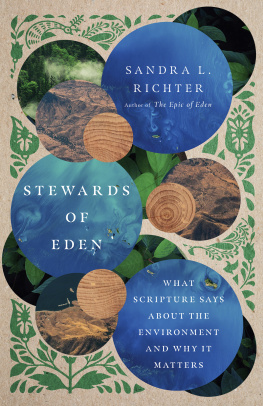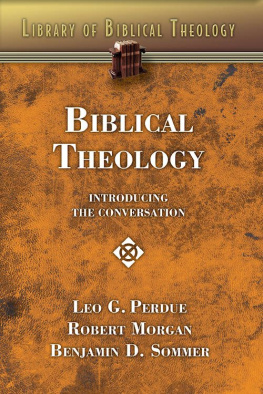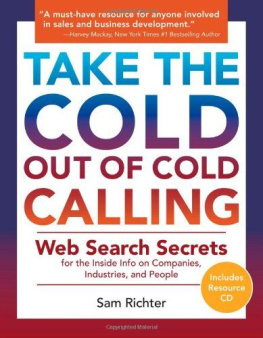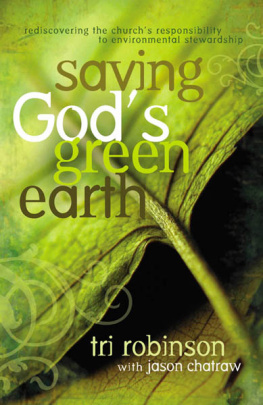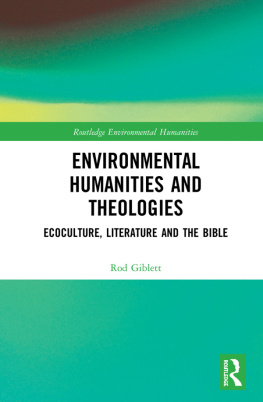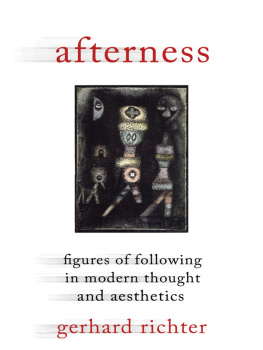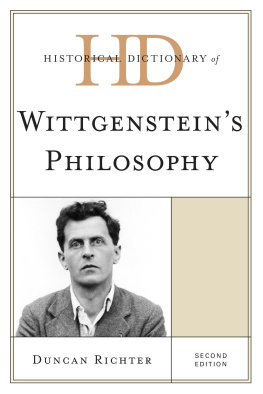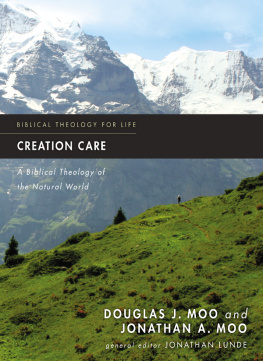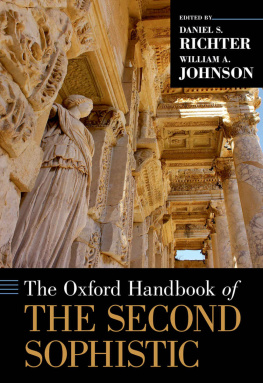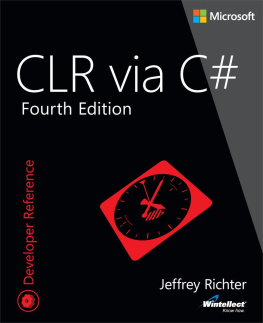ACKNOWLEDGMENTS
T HIS LITTLE BOOK has been a long time in the birthing. My passion for Gods good creation and for good theology in addressing the stewardship of this good creation has accompanied me throughout my career. As a result I have spoken, taught, and written on this topic in more venues than I can recall to more audiences than I can list. As I am an academic, many of these venues have been colleges, graduate schools, and professional academic societies. But many have been popular as well. Over the years Ive served on the board of Blessed Earth, attended the Lausanne Creation Care conferences, and built relationships with numerous national, parachurch and missionary organizations that are spending their lives making a difference for both the environment and the marginalized dependent on it. My dream has been to take this material, which has evolved over a decade of inquiry, and has spoken into the lives and hearts of so many (not the least my own), and place it into the hands of the everyday believer in a form that they can use. And as so many within the church simply dont know what to do with the topic of environmental stewardship, my ambition has been to put my research into a format that is as accessible to the college student as it is to his or her parents and grandparents. Between these covers is that effort.
As so many have journeyed with me toward this goal, I wish to acknowledge the past publishers and organizations that have so kindly allowed me a platform to develop my thoughts on this topic. Below please find a list of all those endeavors that have found their way into print. May I also use this opportunity to thank Lawson Stone, who has so generously shared his beautiful images with me. To Matthew and Nancy Sleeth, who have offered me unending support and the best of friendships, for their organization Blessed Earth, and for allowing me to blog with them for a time. My thanks to Wheaton College, which granted Kristen Page and me the opportunity to coteach a full-semester course on this important topic to some of the finest students in the country. The Institute of Biblical Research and the Evangelical Theological Society deserve recognition for welcoming plenary and sectional presentations from me on this topic when it was still considered edgy and allowing me to reutilize my material in this publication. To Asbury University, Biola University, Evangel University, Living Faith Bible Fellowship in Tampa, Florida, and Arise City Summit, as well as the Mississippi Conference of the United Methodist Church, who took the risk of inviting me to address this issue as an aspect of contemporary holiness to their constituencies. To Asbury Theological Seminary, which has always supported me in this quest, and to Westmont College, which has provided me the professional space to write this book, I owe my gratitude. There are many more on the list who have listened, chastened, and joined their voices as Ive developed this material. It is my great hope that, in this last incarnation of all the communications that have come before, we the church will be inspired to action. And in taking our place in this current crisis, we can do what we have always been called to do: change the world.
The Bible and American Environmental Practice: An Ancient Code Addresses a Current Crisis. In The Bible and the American Future, edited by Robert Jewett with Wayne L. Alloway Jr. and John G. Lacey, 108-29. Eugene, OR: Cascade, 2009.
A Biblical Theology of Creation Care: Is Environmentalism a Christian Value? Asbury Journal 62, no. 1 (2007): 67-76.
Blog posts from Blessed Earth, 20102012. www.blessedearth.org/.
Environmental Law in Deuteronomy: One Lens on a Biblical Theology of Creation Care. Bulletin for Biblical Research 20, no. 3 (2010): 331-54.
Environmental Law: Wisdom from the Ancients. Bulletin for Biblical Research 24, no. 3 (2014): 307-29.
Environmentalism and the Evangelical: Just the Bible for Those Justly Concerned. Westmont Magazine, spring 2019, 38-46.
Religion and the Environment. In Handbook of Religion: A Christian Engagement with Traditions, Teachings, and Practices, edited by Terry C. Muck, Harold A. Netland, and Gerald R. McDermott, 746-55. Grand Rapids: Baker Academic, 2014.
INTRODUCTION
Can a Christian Be an Environmentalist?
T HE SUBJECT MATTER of this book is, in my opinion, one of the most misunderstood topics of holiness and social justice in the Christian community today. The topic is obviously important, relevant, contemporary, and compelling. It is an issue our neighbors (both locally and globally) care about deeply. As a result, this is a subject that profoundly influences the churchs witness to the world. But as I have traveled, written, and spoken on this issue in Christian circles for more than a decade, I have found that the church is largely paralyzed on this topic. From college students to CEOs, seminarians to pastors, cattle ranchers to coal miners, Californians to Kentuckianswe the church are MIA on the issue of environmental stewardship.
When I was teaching Old Testament at Wheaton College, professor Kristen Page (the Ruth Kraft Strohschein Distinguished Chair of Biology) and I won a Faith and Learning grant to launch the first-ever Wheaton course designed specifically to integrate the Bible and biology in an inquiry into environmental stewardship. Our title was Environmental Concern for the Christian: The Bible and Biology. As professors are wont to do, we opened the first class with a seemingly innocent icebreaker: Introduce yourself to the class, telling us your name, your major, and why you took this course. Like most teachers, I have deployed a conversation starter like this dozens of times in an array of classroom settings. But by the time this one was over, I was stunned. Why? Because every one of our twenty-some students voiced the same testimony:
Ive always loved the outdoors (camping/hiking/bird watching/wild ponies on Assateague/the common dolphins in the Channel Island sound/the beauty of the Ozarks). I have always felt Gods presence and pleasure when I pursued those loves. But as a Christian, I didnt think I was allowed to incorporate that love or advocacy for those loves into my Christian identity. So I was really excited when you offered this course.
Every student. Every well-educated, socially active, theologically committed young adult sitting in that classroom felt they were not allowed to advocate for the beauty and sanctity of Gods creation and still call themselves Christian. And perhaps even more remarkable, the professors standing in front of those Wheaton students shared the same testimony. Why? Why has the church, historically the moral compass of our society, gotten so lost on this topic?
One reason is certainly politics. Not kingdom politics, but American and international politics. I think that most would concur that the traditional political allies of the church are not the traditional political allies of environmental concern. If you are pro-life, it is assumed that you cannot also be pro-environment. If you are a patriot, you supposedly cannot also be a conservationist. Or to be more forthright: in the United States, if you are an environmentalist, it is assumed that you are a Democratand Democrats, supposedly, are not pro-life. If you are a Republican, it is assumed that you cannot also be pro-environment. In other words, somehow environmental advocacy has been pigeonholed into a particular political profile and has become guilty by association. But of course, Christians are


